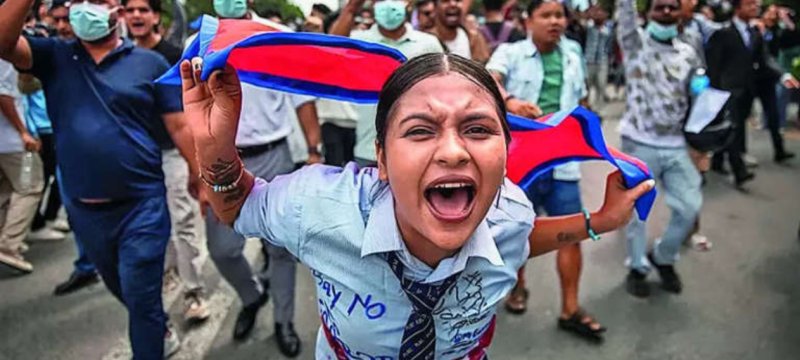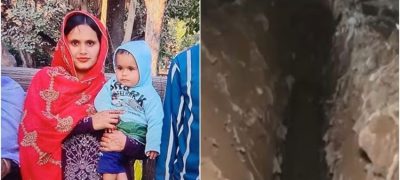Nepal’s recent Gen Z-led uprising has sent shockwaves across South Asia, raising questions about the potential for similar movements in neighboring Pakistan. The protests, fueled by widespread frustration over corruption, unemployment, and political elitism, led to the resignation of Prime Minister K.P. Sharma Oli and the appointment of Nepal’s first female interim prime minister, Sushila Karki.
The movement gained momentum through social media platforms like TikTok and Instagram, where young people expressed their discontent with the government’s actions, including a controversial social media ban. Protesters targeted symbols of wealth and power, such as luxury hotels and government buildings, highlighting the stark contrast between the elite’s lifestyle and the struggles of ordinary citizens.
For Pakistan, the Nepalese uprising serves as both a warning and a reflection of its own challenges. With a significant youth population facing similar issues—corruption, unemployment, and a lack of political representation—the potential for unrest is palpable. However, experts caution that while the desire for change is evident, the path to meaningful reform lies in strengthening institutions and promoting a culture of accountability.
In conclusion, Nepal’s Gen Z uprising is not just a regional event but a mirror reflecting the aspirations and frustrations of youth across South Asia. For Pakistan, it underscores the urgency of addressing systemic issues before they escalate into widespread unrest.
Read More : At least 10 killed in Nepal protest over social media ban







